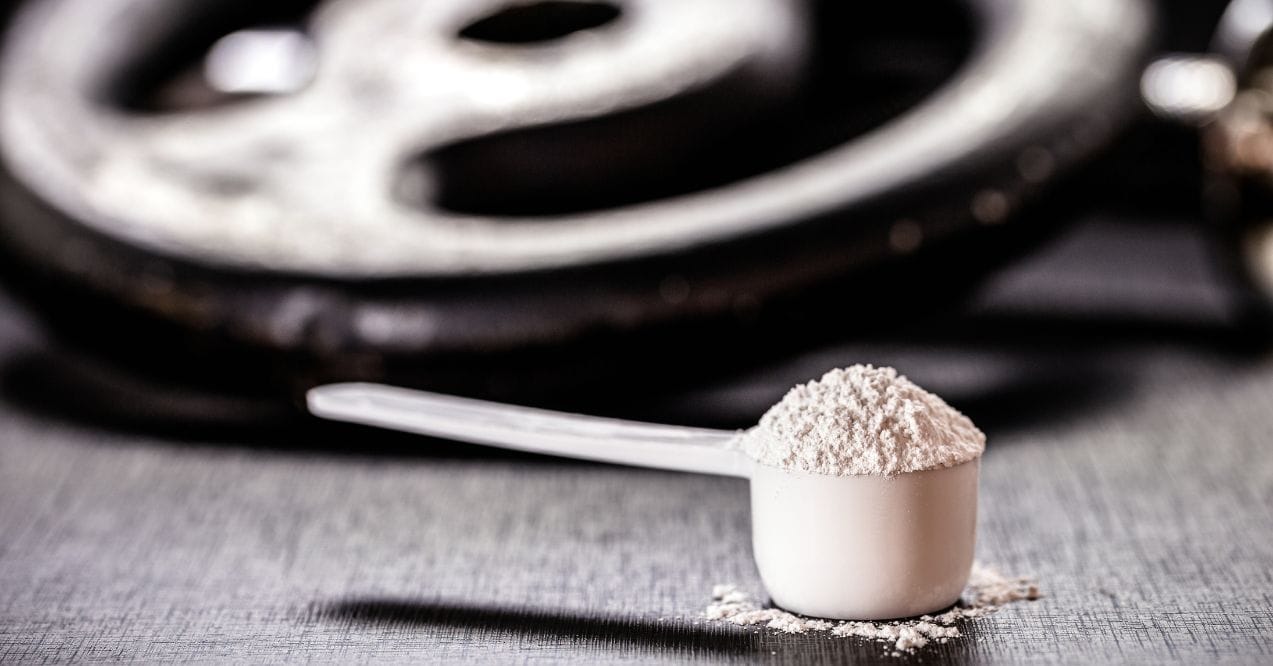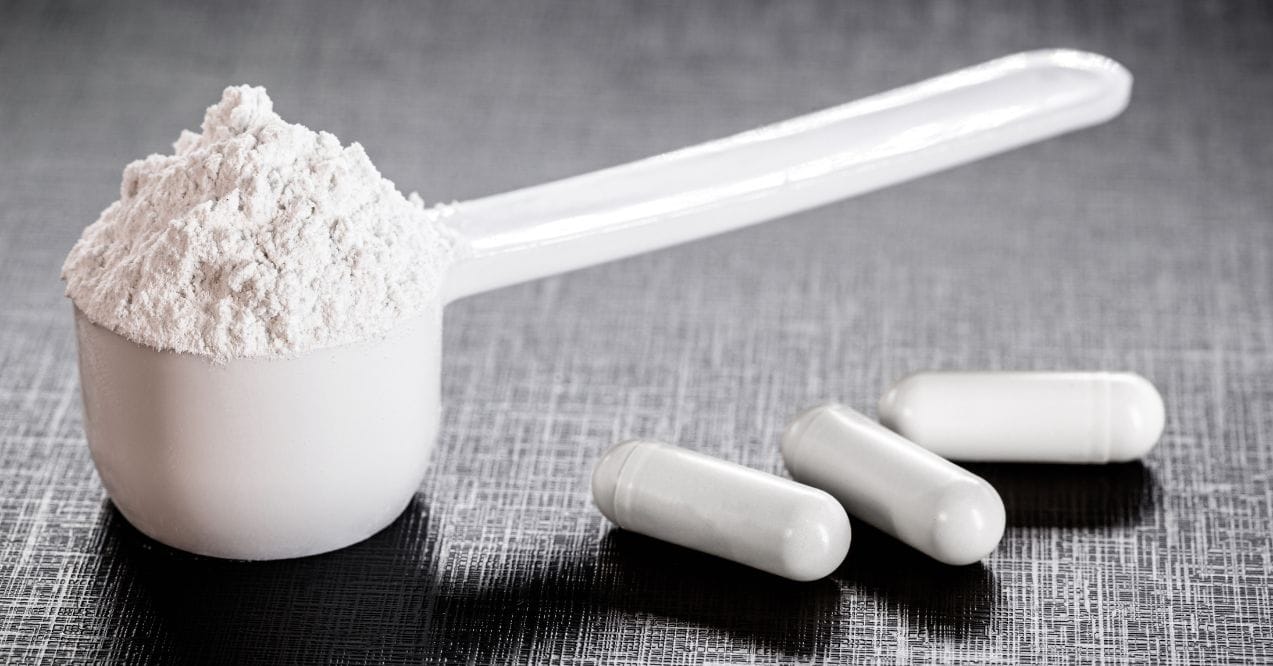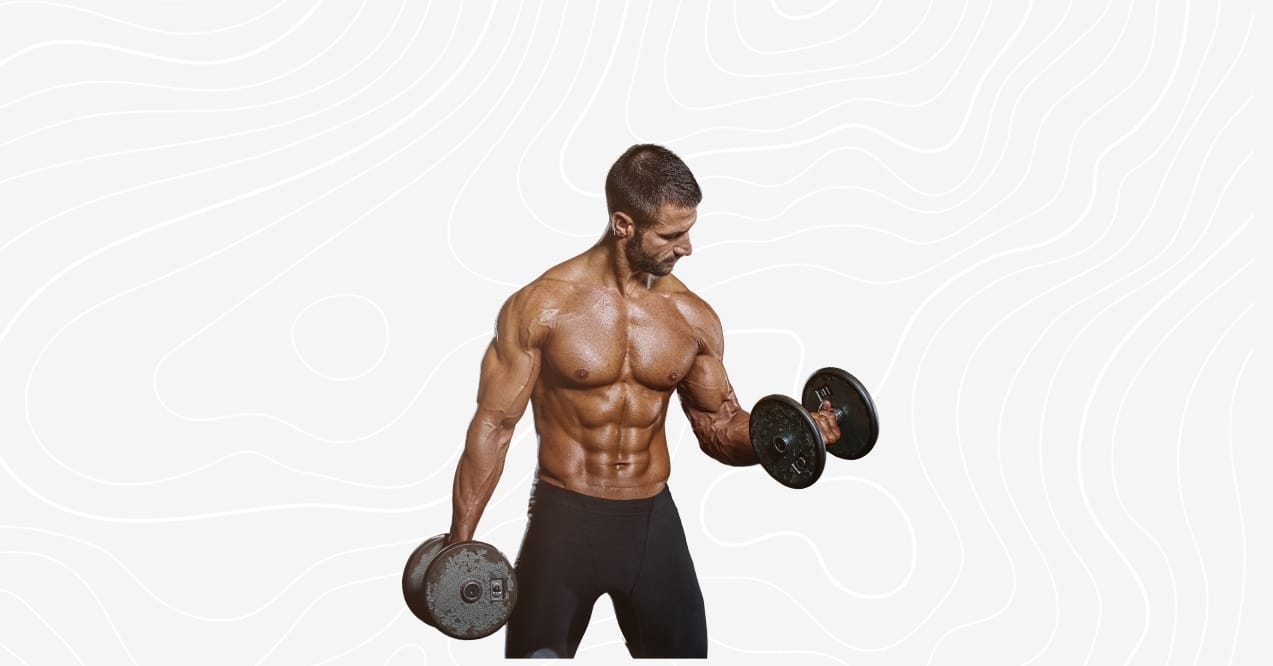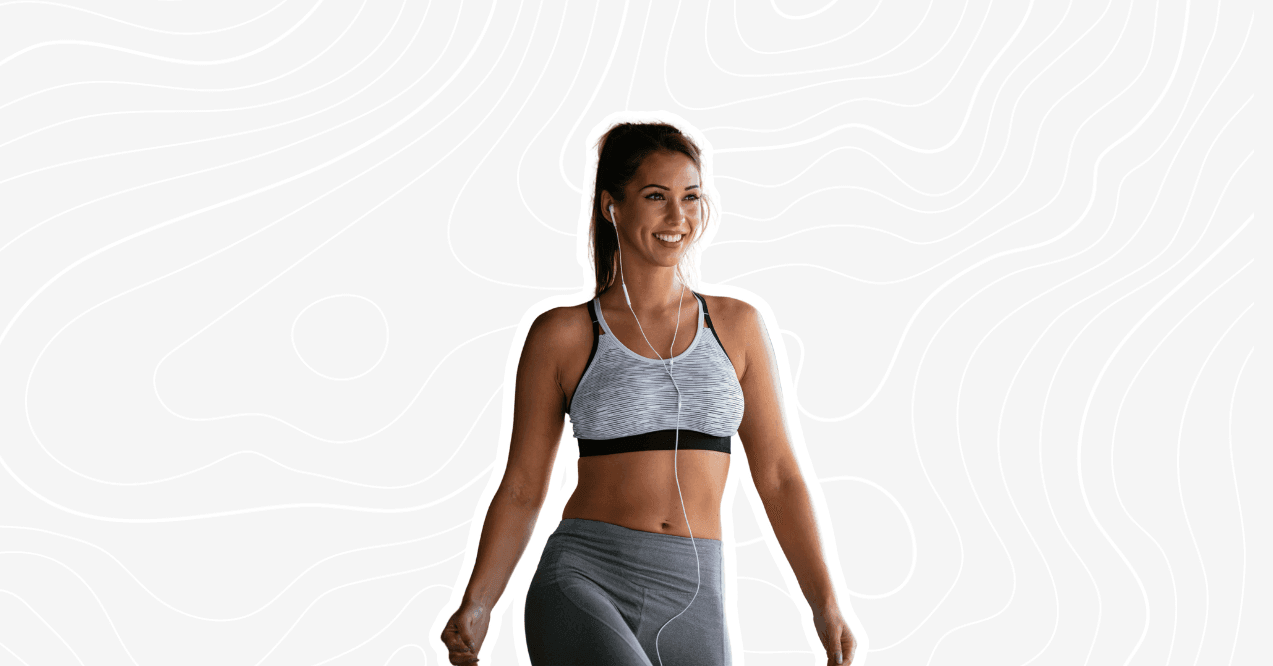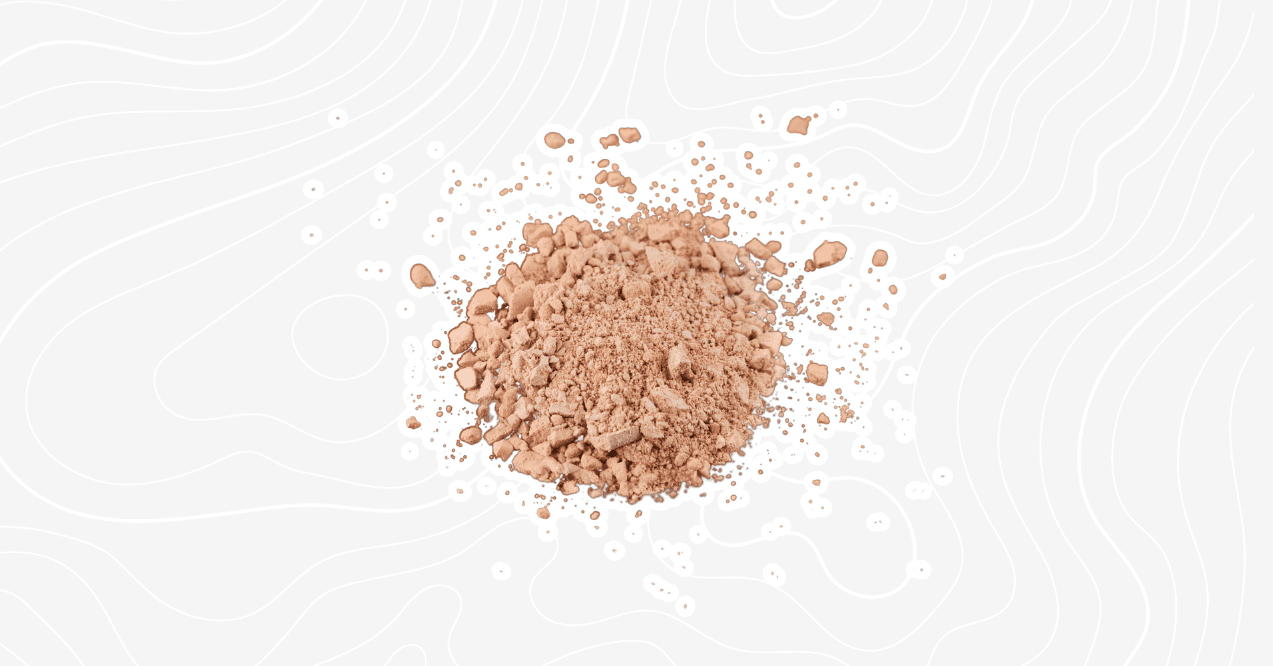What Does Pre Workout Feel Like?
What does pre workout feel like? If you’ve ever considered taking a pre-workout supplement, you might wonder what sensations you’ll experience. Pre-workout supplements are designed to augment your exercise performance by promoting energy, focus, and stamina. Typically taken 20-30 minutes before a workout, even if it’s a pre workout before running, these supplements can help support more intense training sessions.
Additionally, you may also wonder how long does pre workout last? Generally, its effects can be felt for a few hours, allowing users to push through their workouts with greater focus and intensity. To ensure you’re choosing the best option, it’s essential to know what to look for in pre workout – from key ingredients to proper dosages.
However, while pre-workout supplements can amplify your training sessions, they also come with distinct physical sensations that vary from person to person. Some users might also ask, does pre workout cause acne? Understanding potential side effects is crucial when deciding whether pre-workout is right for you. Let’s dive into what you can expect.
Key takeaways:
What Does Pre Workout Really Feel Like? 5 Sensations
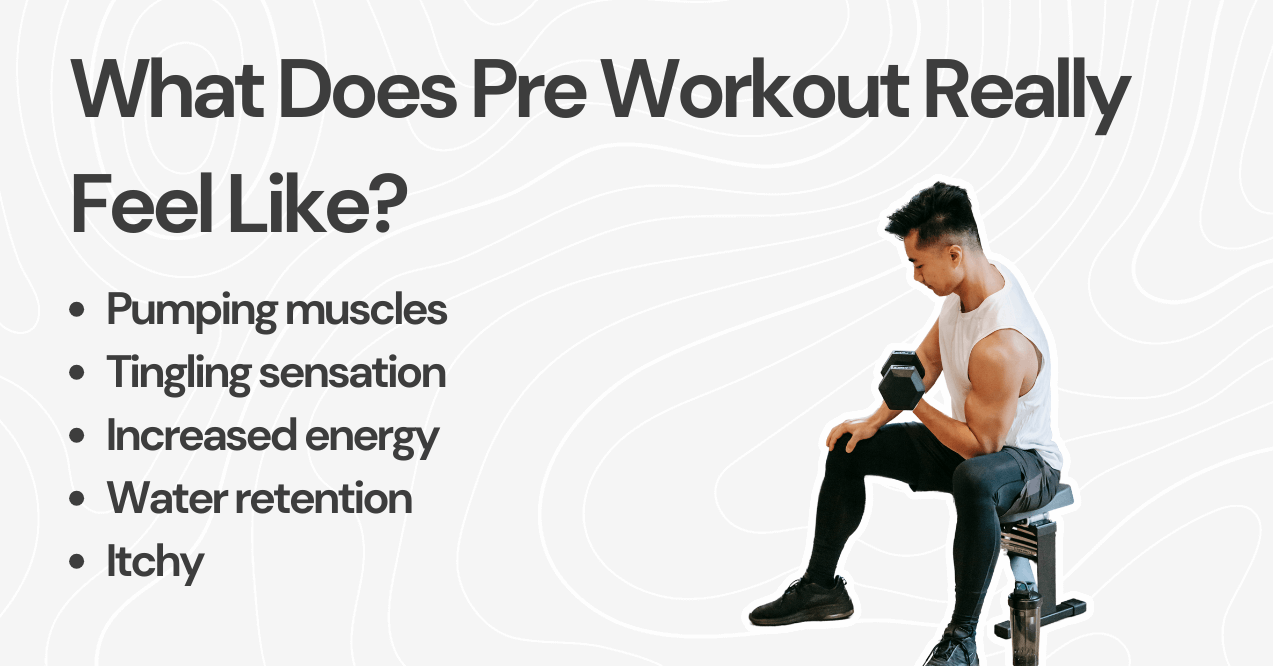
What does pre workout feel like? After taking a pre-workout supplement, users typically experience several distinct sensations that can elevate their workout performance.
1. Pumping Muscles
One of the most common effects is the sensation of “pumping” muscles. Pre-workout supplements often promote increased blood flow to your muscles, making them feel fuller and more powerful. This sensation is especially noticeable during strength training exercises, where muscles may feel more solid and responsive as they contract and expand with each rep.
2. Increased Energy
A pre-workout supplement is designed to give you a rapid boost in energy. You’ll likely feel a surge in both physical energy and mental alertness, helping you push through tough sets or longer cardio sessions. This heightened state of focus and stamina makes it easier to stay on track and achieve your workout goals without experiencing early fatigue. The energy surge usually kicks in within 30 minutes of taking the supplement and can last throughout your training session.
However, some people notice muscle fatigue or heaviness after an intense workout. If you’ve ever experienced Legs So Heavy After a Workout, it could be due to lactic acid buildup, dehydration, or overexertion. While pre-workout can help with energy levels during exercise, proper post-workout hydration and recovery are key to avoiding that sluggish, heavy-leg feeling afterward.
3. Tingling Sensation
For those wondering why do pre workouts make you tingle, this is a common effect caused by ingredients like beta-alanine. The tingling sensation, medically referred to as paresthesia, occurs when this amino acid interacts with nerve receptors, causing a temporary prickly feeling on the skin. While this sensation can feel strange, it’s harmless and usually fades as your body adjusts. Many people associate it with their pre-workout “kicking in” and see it as a signal to start their training.
4. Water Retention
Another sensation some may notice after taking pre-workout is mild water retention. Certain ingredients, such as creatine, can cause your muscles to hold onto extra water. This isn’t necessarily a negative effect – hydrated muscles can perform better during exercise – but it may lead to a temporary increase in weight or a slightly bloated feeling for some individuals. Staying well-hydrated can help mitigate this sensation.
5. Itchy
If you’ve ever felt itchy after taking a pre-workout, you’re not alone. The common ingredient in pre workout that makes you itch is beta-alanine. It triggers a histamine-like response in the skin, leading to an itching sensation, particularly around the face and hands. Like the tingling, this is temporary and typically subsides once your workout is underway.
Three Steps How You Can Limit Negative Feelings
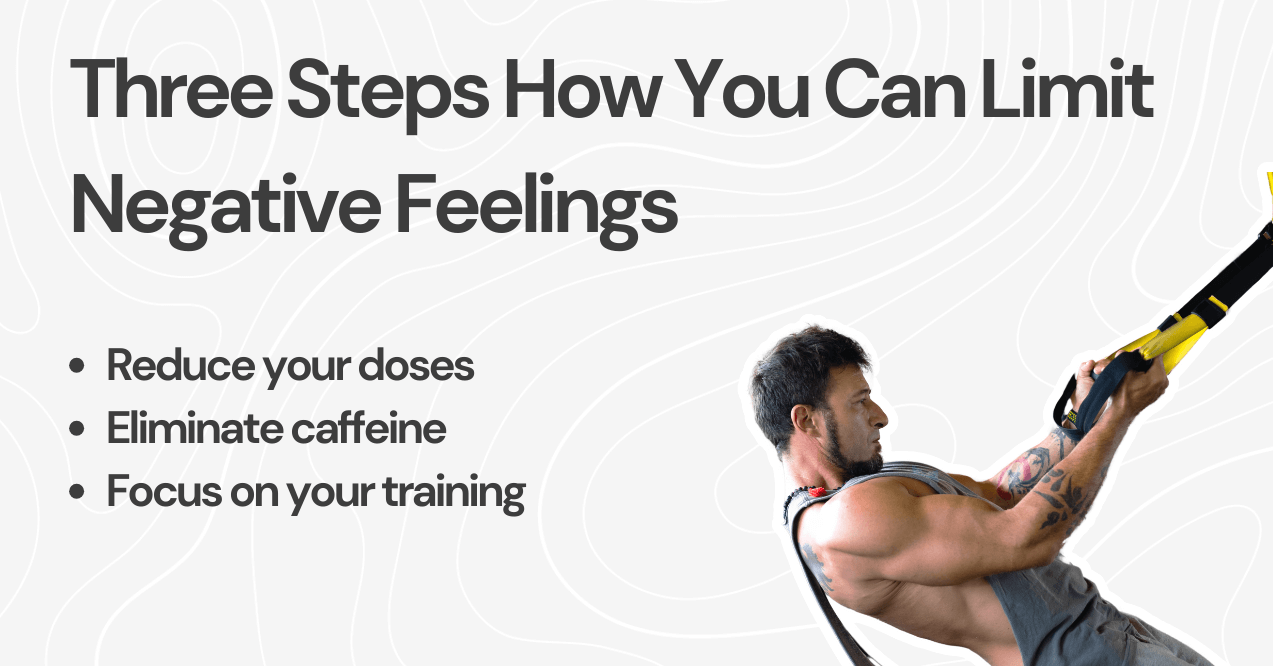
While pre-workout supplements can provide an edge in your training, they can also cause unwanted sensations. Here are three strategies to help you minimize any negative effects.
1. Reduce Your Doses
If you’re new to pre-workout or sensitive to its ingredients, start with a smaller dose to assess your tolerance. Many adverse reactions, like intense tingling or jitteriness, occur when the body is overwhelmed by too much of a certain ingredient. Gradually increasing your intake allows your body to adjust without overloading it, reducing the likelihood of discomfort.
2. Eliminate Caffeine
For some users, caffeine in pre-workout supplements can cause overstimulation or even fatigue. If you’ve ever wondered why does pre workout make me sleepy or noticed that pre workout makes me tired instead of energized, it might be due to caffeine’s interaction with your body’s natural rhythms. Opting for a caffeine-free pre-workout formula can help you avoid this side effect, especially if you’re sensitive to stimulants or take pre-workout later in the day.
3. Focus on Your Training
Rather than relying solely on supplements to boost your performance, make your workout routine the priority. Focusing on your form, intensity, and progress will help you get the most out of your training. Pre-workout should be used to support your efforts, not replace good fitness habits. This mindset shift can help reduce the reliance on pre-workout and lessen any discomfort from its side effects.
If you’re looking for a pre-workout that boosts energy without causing unwanted side effects, Trumeta Pre-Workout is an ideal option. Formulated with ingredients like beta-alanine and beet root powder, it supports muscle endurance and improves oxygen delivery, helping reduce fatigue. Its balanced caffeine content provides energy without overstimulation, helping to prevent common issues like jitters or feeling overly tired.
Additionally, the combination of vitamins B6 and B12 promotes healthy nervous system function and reduces muscle discomfort, making it easier to focus on your workout. Trumeta pre-workout ensures you can train effectively without distractions from negative sensations.

Why Do People Use Pre Workout?
People use pre-workout supplements for a variety of reasons, primarily to enhance their exercise performance. One of the key factors that answers what makes a pre workout good is its ability to increase energy, focus, and endurance during training sessions. Many users take it to feel more alert and driven, which can help them push through intense workouts or longer routines.
Additionally, pre-workout supplements often contain ingredients that support blood flow to the muscles, leading to that “pumped” feeling, which many athletes find motivating.
Pre-workout can also help delay muscle fatigue, allowing individuals to train harder and for longer periods. Whether aiming for strength gains, improved stamina, or better mental focus, pre-workout offers a convenient way to boost overall performance and maximize workout effectiveness. Ultimately, the right pre-workout can be a valuable tool for those looking to optimize their fitness results.
Conclusion
So, what does pre workout feel like? In short, a pre workout may bring a range of sensations, from increased energy and muscle pumps to tingling and occasional itching. While pre-workout supplements can improve performance and focus, it’s important to manage potential side effects by starting with lower doses, choosing caffeine-free options if needed, and focusing on your training. People use pre-workout to boost energy, enhance endurance, and optimize their workouts.
Finding the right pre-workout formula for your body and fitness goals can make a significant difference in how you feel and perform during your sessions.
Pre-workout itself doesn’t directly burn calories, but it can enhance your workout performance, leading to more intense exercise. This increased intensity may result in burning more calories during your session, depending on your activity level.
Pre-workout supplements can break a fast if they contain calories, such as from sugars or amino acids. However, stimulant-only or calorie-free pre-workouts typically won’t break a fast and are safe to take during fasting periods.
The number of calories in a scoop of pre-workout typically ranges from 5 to 50, depending on the brand and ingredients. Most pre-workouts are low in calories, as their primary focus is boosting energy and performance, not providing fuel.
Advertisement. This site offers health, wellness, fitness and nutritional information and is designed for educational purposes only. You should not rely on this information as a substitute for, nor does it replace, professional medical advice, diagnosis, or treatment. If you have any concerns or questions about your health, you should always consult with a physician or other health-care professional. Do not disregard, avoid or delay obtaining medical or health related advice from your health-care professional because of something you may have read on this site. The use of any information provided on this site is solely at your own risk.
